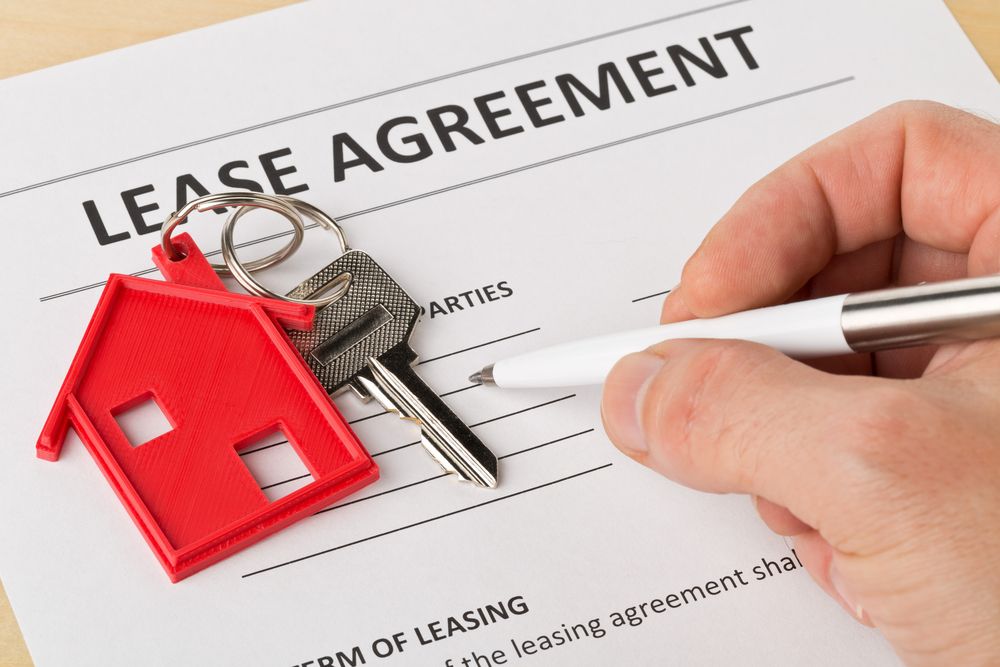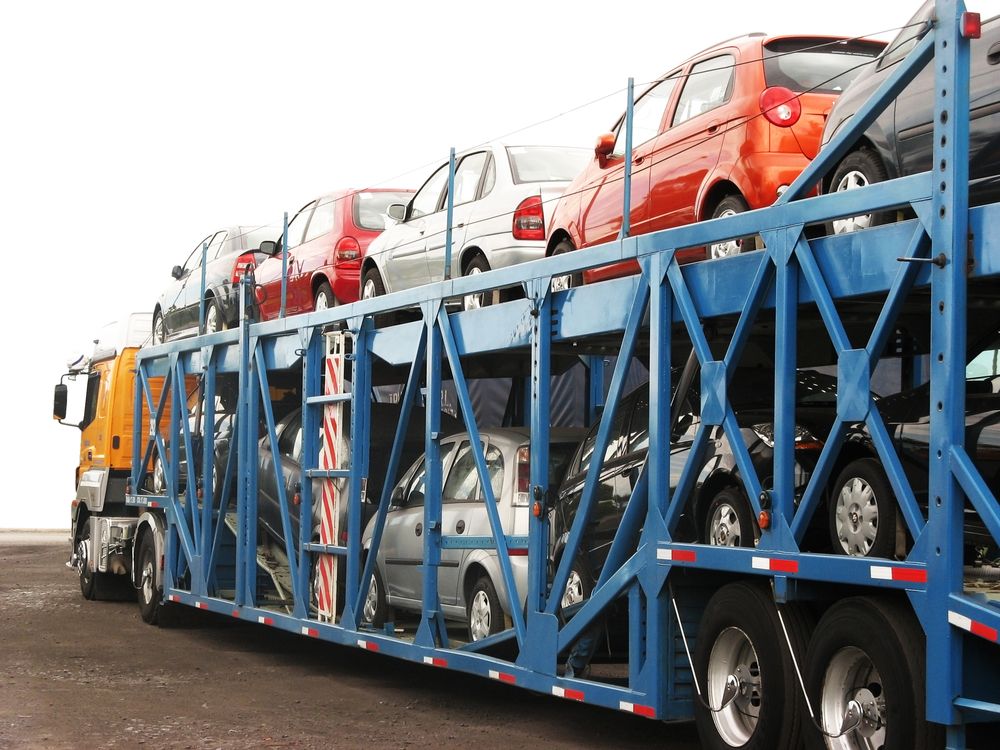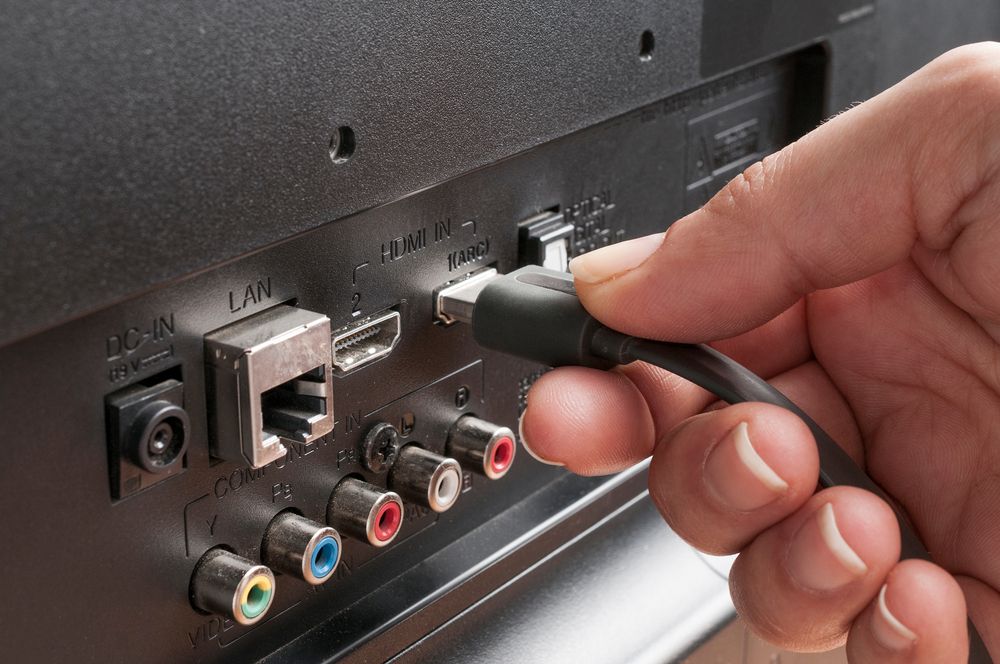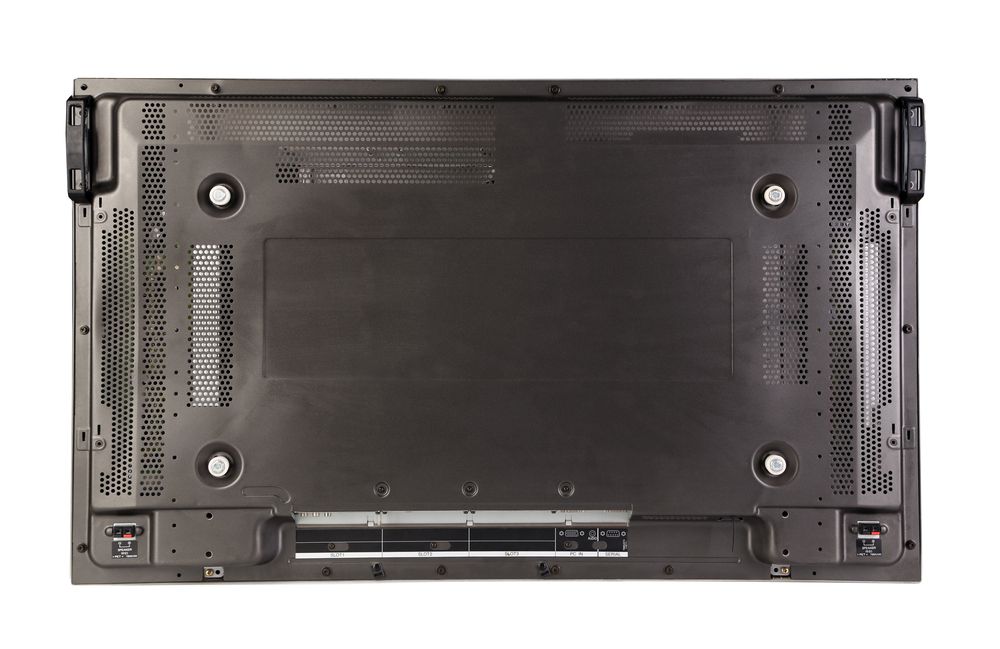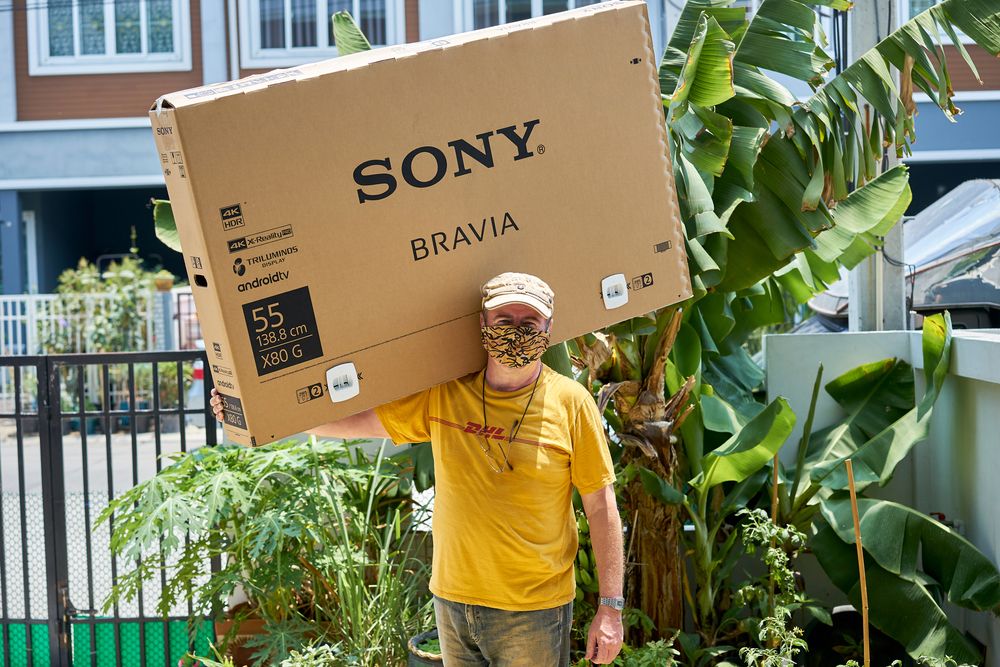Cheapest Way to Move Out of State (They Don’t Tell You About)
Moving out of state comes with many new and exciting changes. That said, getting there can be stressful, and of course, expensive. Understandably, many people look for the cheapest way to move out of state.
The cheapest way to move out of state is to rent a truck or trail to haul at least some of your belongings. That way, you can save money if you hire a moving company so they can spend less time and haul fewer belongings. If possible, choose LTL (less than a truckload) shipping and sell or donate old furniture that’s not worth bringing to lighten the load.
You will get extra cash for the move, and you may save money on labor and shipment weight fees. Follow along as we explore ways you can cheaply move out of state.
What Is a Good Budget for Moving Out of State?
Ideally, you should set a budget of $3,500 to $15,000 when you move out of state. It ultimately depends on how big your house is and how far you’re moving. Bigger homes have more furniture, and that adds to the time and cost of the move.
Moving one or two states over may not be too expensive. However, moving across coasts can easily cost over $10,000. You must also set aside money for when you get settled in your new out-of-state home.
Ideally, you should set aside three times as much money as your rent or mortgage payment will cost for a month. This will provide wiggle room for groceries, utility fees, and unexpected incidents that pop up.
How to Move Out of State Cheaply
Create a Budget
You can avoid exorbitant moving costs if you create a budget at least 2-3 months before you move out of state. Set aside money from each paycheck and put it into a moving fund. Depending on how far you must move, you should set aside between $3,500 and $15,000.
Call a moving company to ask questions or book a consultation. They can help you set a budget and provide a quote for how much it will cost. Keep in mind that you must also set aside money for when you get to your new destination.
You may not jump right into a new job, so it’s a great idea to have a nest egg to rely on. Utility startup fees, groceries, house closing fees, and transportation costs add up quickly. Once you set a budget, you can create a plan to move out of state cheaply.
Pack Yourself
One of the cheapest ways to move out of state is to pack without professional help. Moving companies offer full packing services. This package means that the moving team will pack your belongings for you at an extra cost.
While this is convenient, it’s worth cutting this cost if you want to save money when you move out of state. Full packing can add anywhere between $250 and $2,000 to your moving costs depending on how much stuff you have.
Instead, simply start to pack your belongings as soon as you reach out to a moving company. Start with non-essentials and work your way up to daily-use items when you get close to the moving day.
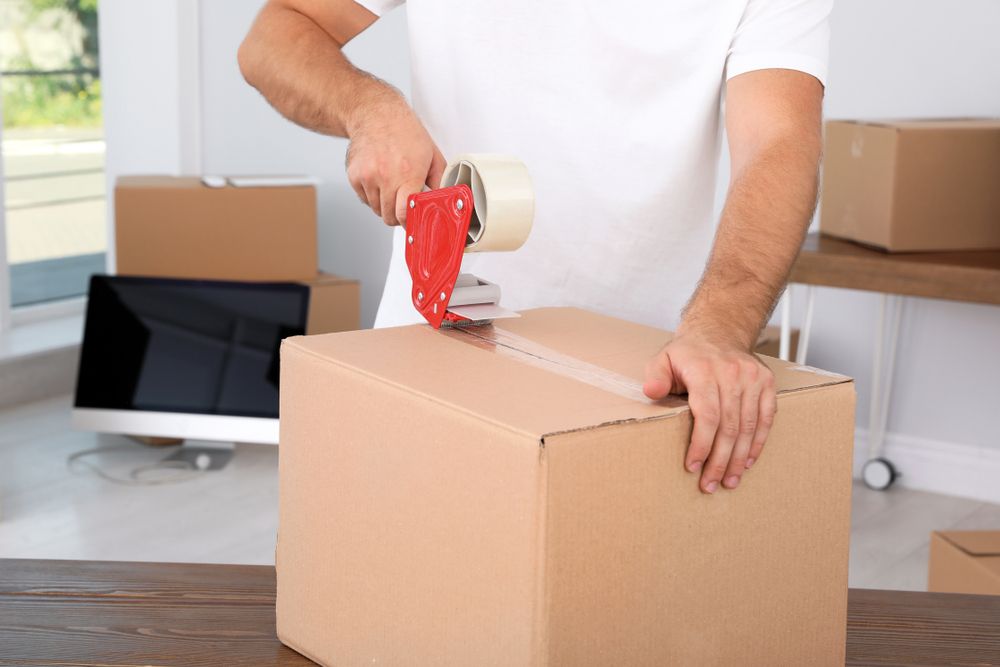
LTL Shipping
Moving companies offer two shipping options: LTL and guaranteed, or dedicated, shipping. Guaranteed shipping means your belongings will get a dedicated truck. This option is more expensive than LTL, which means less than a truckload.
LTL shipping means your shipment may be combined with other customers’ shipments. Your belongings are just as safe, but you may be given a different arrival window. This is the cheapest way to move out of state when you use a moving company, and the savings are worthwhile.
Lighten Your Load
One easy way to save money is to move some of your belongings yourself and use a moving company for the rest. For example, you could take a trip to your new home where you bring most of your small, non-essential items. From there, you can hire a moving company to move your large items, such as heavy furniture.
You’ll still hire a moving company, but you’ll pay less if they don’t have to haul as big of a load. This will also reduce labor costs as it won’t take as long. However, it’s worth talking to the moving company about this to see if they’ll be able to offer lower rates for this.
It also helps to declutter and get rid of furniture that isn’t worth bringing with you. Old couches and heavy chairs that are in bad shape will only add weight to your moving shipment.
You can save money and space if you get rid of them and find new and cheap furniture in your new destination. Many people sell clothes and old furniture to lighten their loads and get extra money for moving.
Rent a Truck
Renting a moving truck can help save money when you move out of state. However, that isn’t always the case. You must be careful and read the fine print as many moving truck companies are sneaky with their fees and rates. Pay attention to the mileage rates they charge.
This option works well with the last step, which entailed moving yourself and using a moving company.
For example, you could rent a small truck for a day, take a trip to your new house, unload it, and return it. This will save money compared to renting a big truck and taking several trips back and forth.

Tow a Trailer
Renting a trailer is typically much cheaper than renting a truck. That said, you can’t fit nearly as much in a trailer as you can in a truck. This is a great option if you want to haul some of your items and use a moving company for the rest.
Otherwise, you can simply take several trips back and forth with a trailer. However, this can be time-consuming and may cost just as much as renting a big truck depending on how far your new home is. Trailers are often perfect for moving from studios and 1-2-bedroom apartments.
So, What Are the Cheapest Ways to Move Out of State?
The cheapest ways to move out of state are to create a budget and choose LTL shipping. LTL shipping is cheaper than guaranteed shipping, and it can save hundreds or even thousands of dollars.
You can also save money when moving if you pack yourself and declutter so the moving company has to haul less stuff. It’s also a great idea to move some of your belongings yourself so the moving company can get the job done faster.
Read More

